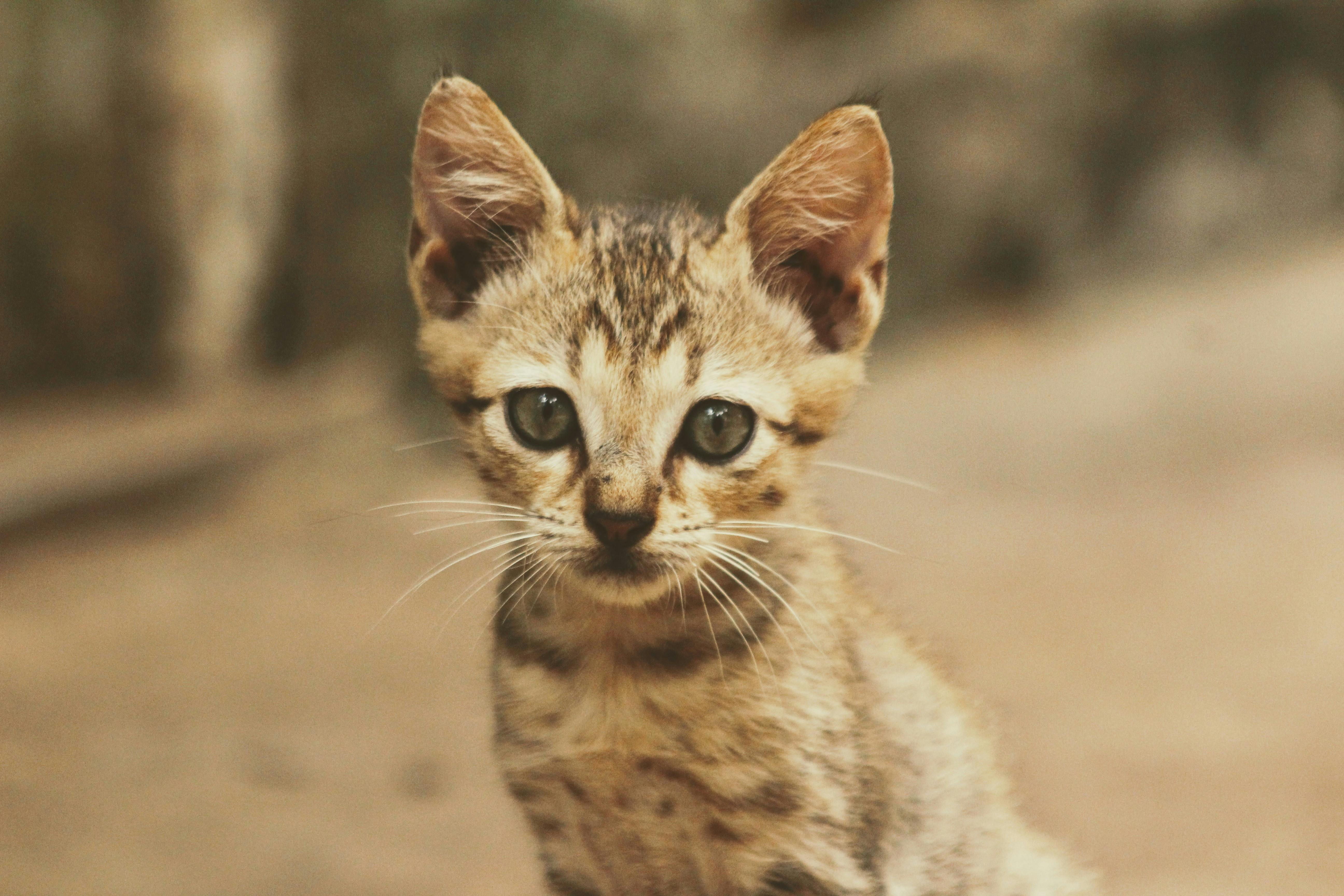Apply Now
Practical Guide to Weight Gain Comics You Should Explore
Understanding the Appeal of Weight Gain Comics
Weight gain comics have gained popularity for their humorous, engaging narratives that celebrate different body types and identities. These comic books about weight gain explore various themes, from fat acceptance to body positivity, often using humor as a tool for connection and understanding. Readers find these stories relatable and entertaining, as they often reflect personal transformations and the complexities of body image in a light-hearted manner.
By examining the comedic portrayal of overweight characters, readers can appreciate how these narratives challenge societal norms regarding body size and representation. The humor serves not only to entertain but also to create a dialogue around weight gain, tackling misconceptions and fostering a more inclusive community. For individuals who relate to these narratives, weight gain comics can be empowering by illustrating transformations that many experience in real life.
Popular Titles in Weight Gain Comics
There is a diverse selection of comic strips weight gain that cater to various tastes. Some notable mentions include “Fat Fiction,” which explores humorous narratives around overweight characters facing everyday challenges. Similarly, “Gaining Weight in Comics” presents comical scenarios where characters undergo extreme transformations, evoking laughter while addressing serious topics such as self-acceptance.
For those looking to explore graphic representations of weight gain, “Humorous Weight Gain Stories” is a fantastic compilation of illustrated weight gain stories that blends artistry with storytelling. These stories often feature relatable protagonists who navigate their journeys with humor and resilience, making them not only enjoyable but also enlightening.
The Artistry Behind Weight Gain Illustrations
The visual storytelling of weight gain plays a significant role in how audiences perceive and understand these narratives. Artists often utilize vibrant illustrations to depict body transformation narratives, bringing characters to life with humor and authenticity. The caricatures of fat characters exhibit a playful charm that invites readers into various scenarios.
In weight gain art, creative expressions thrive. Artists employ whimsical styles to emphasize the emotional aspects of gaining weight, inviting audiences to experience the humor in such situations. Illustrated fat fiction also often includes components of body diversity, showcasing a range of body types that resonate with a broad spectrum of readers.
Analyzing Weight Gain Narratives in Comics
Thematic Exploration of Body Size in Literature
Delving deeper into the narratives, weight gain themes often reflect the underlying societal perceptions of body image. Comic book weight gain humor varies from lighthearted takes to more profound insights that examine the relationship between self-esteem and physical appearance. As characters navigate their journeys of body change, they face challenges that mirror real-life struggles of acceptance and self-love.
Darkly humorous elements within these stories invite readers to see weight gain from different perspectives. For instance, humor often lightens up heavy topics, allowing for a more approachable discussion on fat representations in comics. By analyzing the dynamics of humor and body acceptance, we can uncover how these narratives resonate deeply with audiences, including those navigating their own body transformations.
Comedic Portrayals of Weight Gain
Comedic body transformation stories tend to incorporate a blend of exaggerated situations and relatable experiences. For example, humorous takes on weight gain often depict characters embarking on unexpected food adventures or adjusting their lifestyles in amusing ways that illuminate the absurdity of societal expectations.
These funny overweight stories are not merely about gaining weight; they comprehensively address themes of friendship, support, and personal growth. As characters adapt to their evolving bodies, the readers find layers of valuable life lessons woven into the humor.
Visual Storytelling Techniques in Weight Gain Comics
The techniques employed in the storytelling of weight gain comics heavily affect how the themes resonate with readers. Illustration styles, including caricatures and exaggerated features, help emphasize the humor inherent in gaining weight. This approach allows for an exaggerated portrayal of body changes that maintains a comedic tone without losing the essence of personal struggles involved in transformation.
Moreover, artists often imbue their narratives with visual metaphors that articulate deeper messages about weight and self-acceptance. For instance, a character’s growth in size might parallel their emotional maturity, creating a powerful narrative arc that speaks volumes to audiences.
Crafting Relatable Weight Gain Characters
Creating Engaging Overweight Characters
When creating weight gain characters, it's essential to depict them authentically and with depth. Rather than reducing characters to mere physical features, illustrating their uniqueness adds richness to the narrative. These characters often reflect real-life challenges, leading to humorous and poignant moments throughout their stories.
Incorporating relatable experiences can make the characters feel more genuine and evoke empathy from readers. As these characters experience body transformation, it’s crucial to balance humor with sensitive portrayals of their journeys, ensuring that audiences can connect with their experiences.
The Role of Humor in Weight Gain Stories
Humor is a linchpin in these narratives, serving to both entertain and challenge stereotypes surrounding weight. By embedding comedy into comical portrayals, writers can explore weight gain culture in comics while allowing readers the space to laugh and reflect on their own experiences.
Often, the humor portrayed in these graphic novels on weight gain serves as a bridge to discuss heavier topics. Readers can engage with the material more comfortably when it is presented in a humorous light, often prompting them to reassess their perspectives on body image and health.
Impact of Weight Gain Narratives on Audiences
The effects of weight gain stories extend beyond mere entertainment. They can foster acceptance and promote discussions around body diversity and representation. Audiences often find comfort and validation in narratives where overweight characters experience love, success, and happiness.
Moreover, these stories can build communities, allowing readers to share their experiences and celebrate body diversity. Through shared laughter and amusement, weight gain comics open avenues for dialogue around body positivity and self-acceptance, contributing positively to cultural narratives surrounding weight and health.

Creating Comical Weight Gain Scenarios
Exploring Humorous Weight Gain Scenarios
Comical weight gain scenarios often stem from everyday situations that spiral into hilarity. Writers can weave narratives around various humorous topics, such as cravings leading to unusual culinary experiences, infusing a sense of whimsy that resonates with audiences.
The ludicrous situations portrayed not only entertain but also depict realistic responses to unforeseen circumstances surrounding weight gain. These engaging stories about body transformation highlight the profound moments of realization where characters embrace their situations rather than resist them.
Use of Satire and Parody in Weight Gain Arts
Satirical elements are prevalent in the world of weight gain comics. Writers often use parody to comment on societal standards regarding body size and perceptions. By exaggerating these standards through humor, they can point out the absurdity of unrealistic ideals and stereotypes.
This approach not only entertains but also encourages readers to critically examine their beliefs about weight and fitness. The playful critique serves as a reminder that everyone’s journey is unique, and the characteristics of each journey deserve respect and compassion, regardless of body size.
Applying Creative Ideas to Weight Gain Stories
Creativity knows no bounds when crafting weight gain comics. Writers can incorporate scenarios that delve into the fun aspects of gaining weight, allowing characters to indulge in delightful food experiences that evoke positive emotions. Lighthearted narratives demonstrate that body transformation can be celebrated without the negativity that often permeates discussions on weight.
Incorporating community and relationships into these stories—showing how characters enjoy food together, share experiences, and support each other—adds depth to weight increase comic series, promoting a healthy outlook on body image.

Conclusion: The Lighthearted Side of Weight Gain Fiction
Through weight gain comics, readers can find a treasure trove of humor and relatability that resonates on various levels. These creative works challenge societal notions of body image while providing an enjoyable avenue to explore themes of self-acceptance and personal transformation. Comic strips weight gain continue to evolve, with new stories offering fresh perspectives on the importance of body positivity and representation.
As readers delve into the world of humorous weight gain stories, they uncover a supportive community that embraces diversity, celebrating every journey with laughter and love for all shapes and sizes. Whether through engaging illustrations or funny narratives, weight gain comics are not just narratives—they are paths to understanding and acceptance.


